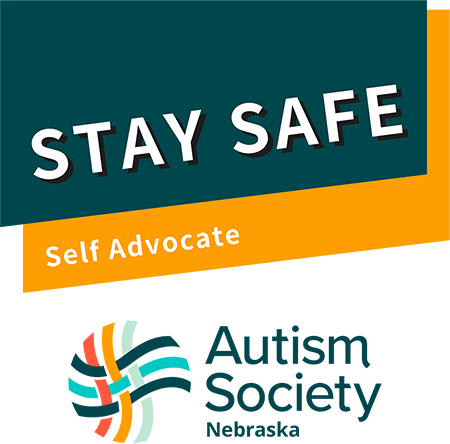Contact tracing follows case investigation and is a process to identify, monitor, and support individuals who may have been exposed to a person with a communicable disease, such as COVID-19. Health departments also administer communicable disease control measures within their jurisdictions to protect public health.
This includes working with patients and contacts on isolation (separation of people infected with the virus from people who are not infected) and quarantine (separation of people who might have been exposed to COVID-19 from others).
Review
Contact Tracing
Practice
Contract Tracing
Contact tracing has been used for decades by state and local health departments to slow or stop the spread of infectious diseases.
Contact tracing slows the spread of COVID-19 by:
- Letting people know they may have been exposed to COVID-19 and should monitor their health for signs and symptoms of COVID-19
- Helping people who may have been exposed to COVID-19 get tested
- Asking people to self-isolate if they have COVID-19 or self-quarantine if they are a close contact of someone with COVID-19
During contact tracing, the health department staff will not ask you for:
- Money
- Social Security number
- Bank account information
- Salary information
- Credit card numbers
Reflection
Following a phone call regarding contact tracing reflect on the information you provided and decide if it was accurate. If you have concerns talk to a trusted caregiver or friend about what to do next.
COVID-19: Considerations for Wearing Masks. (n.d.). Retrieved October 17, 2020, from https://www.cdc.gov/coronavirus/2019-ncov/prevent-getting-sick/cloth-face-cover-guidance.html
